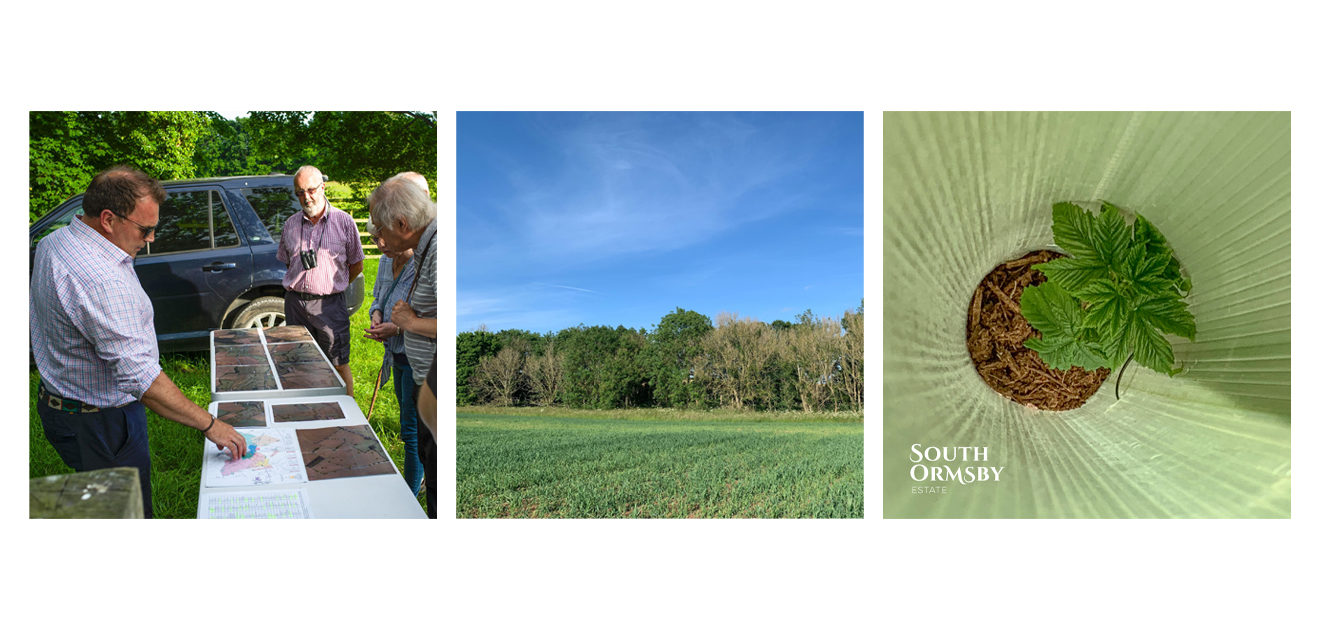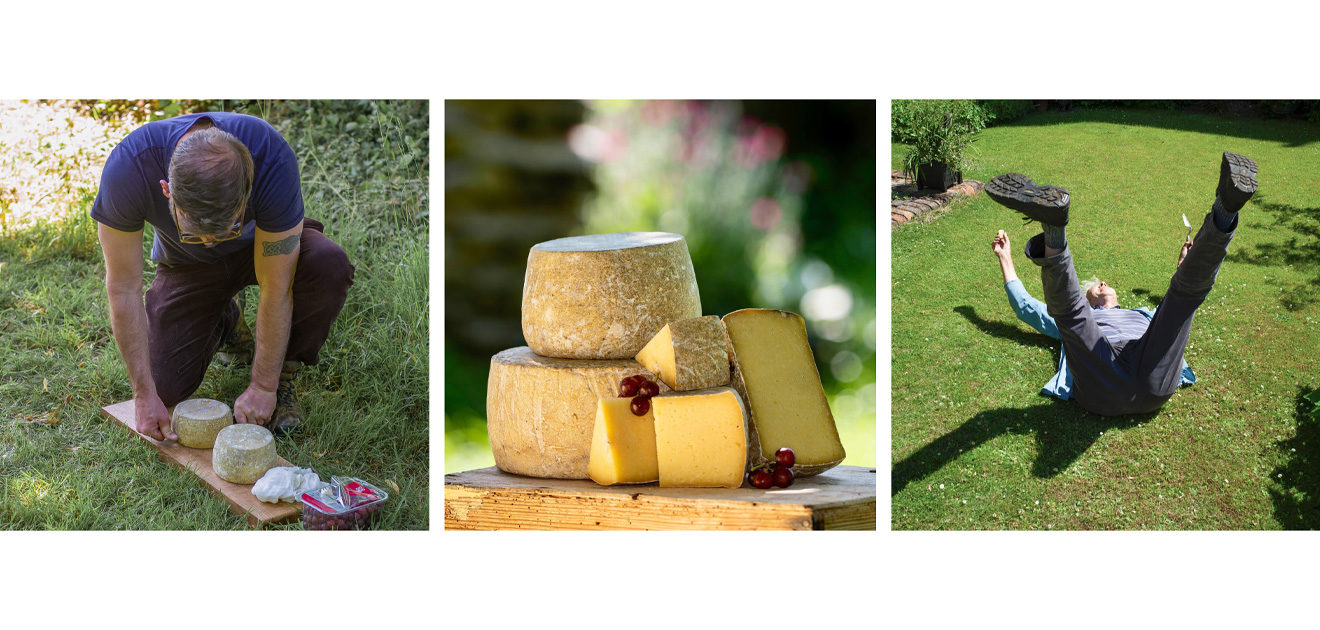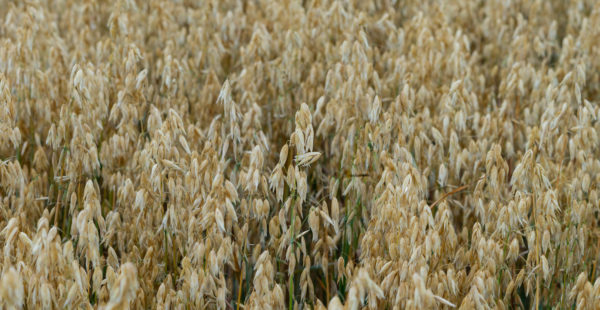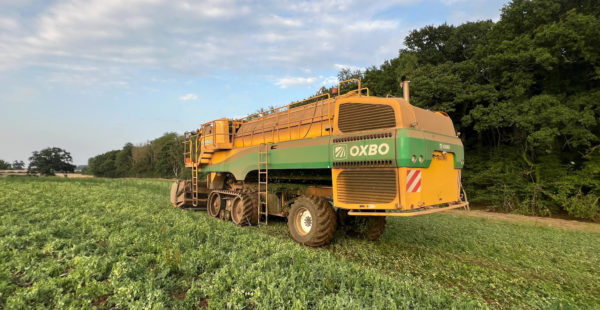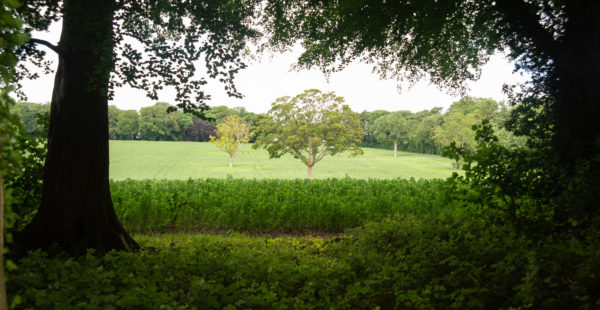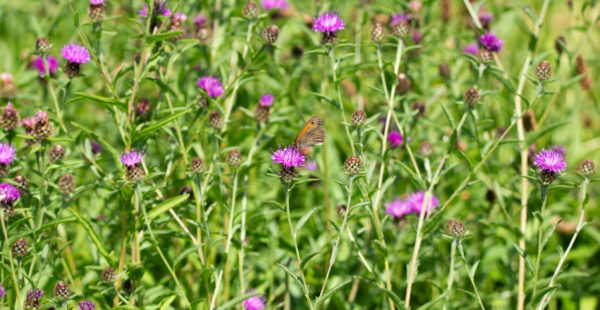A Week on the Estate: Trust Tour, Cheese Tease & Woodland Health
This week brought a welcome reprieve from mid-June’s heat and humidity, and the beginning of July looks set to bring us cool south-westerly winds with the potential for a useful bit of rain.
We were delighted to host Lincolnshire Wildlife Trust on a rather warm June day. Estate Manager Paul Barnes briefed them on our plans to make South Ormsby Estate an exemplar of sustainable farming that embraces and builds biodiversity. The group braved the heat and enjoyed an informative stroll along our field margins and woods. The abundance of birds, bugs and wildflowers suggests our approach is already paying dividends.
On his travels, Paul took a telling picture of the Furze Close treeline. The bare, spindly areas are a sad reminder that ash dieback or chalara is a problem that will be with us for years to come. That said, there’s plenty to celebrate out on the land. The spring beans have coped with June’s heat surprisingly well, and the heady aroma of flowers in bloom and the constant buzz of bees about their business are truly heartening.


